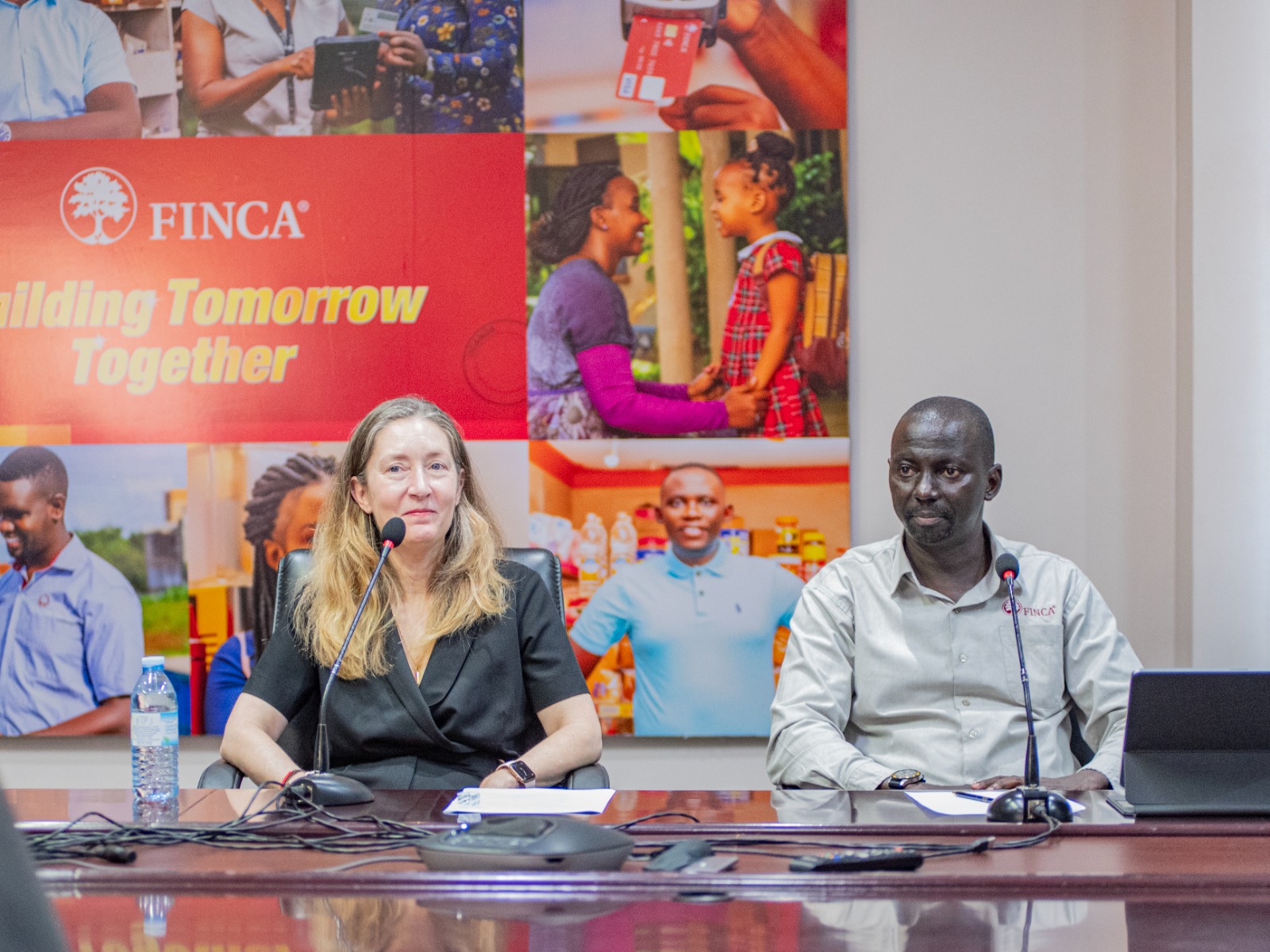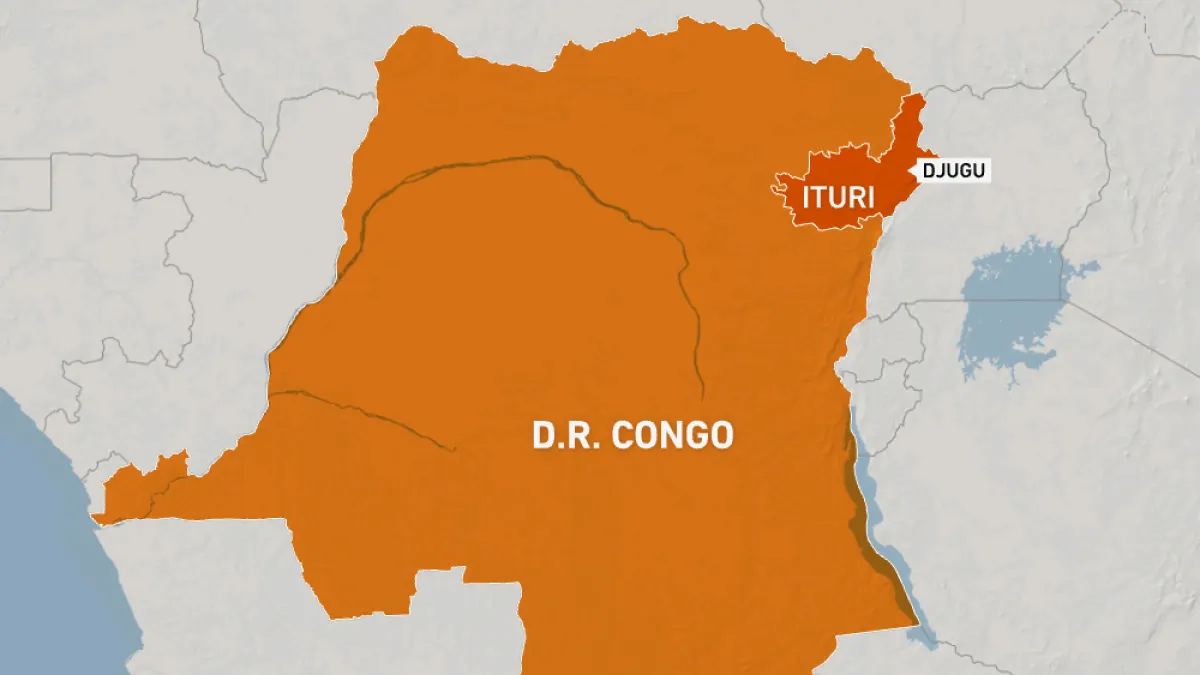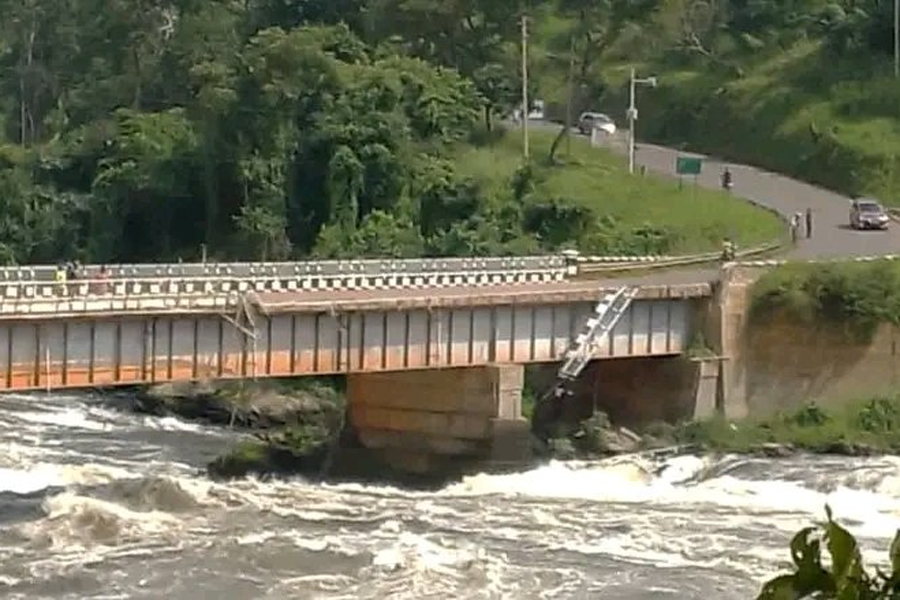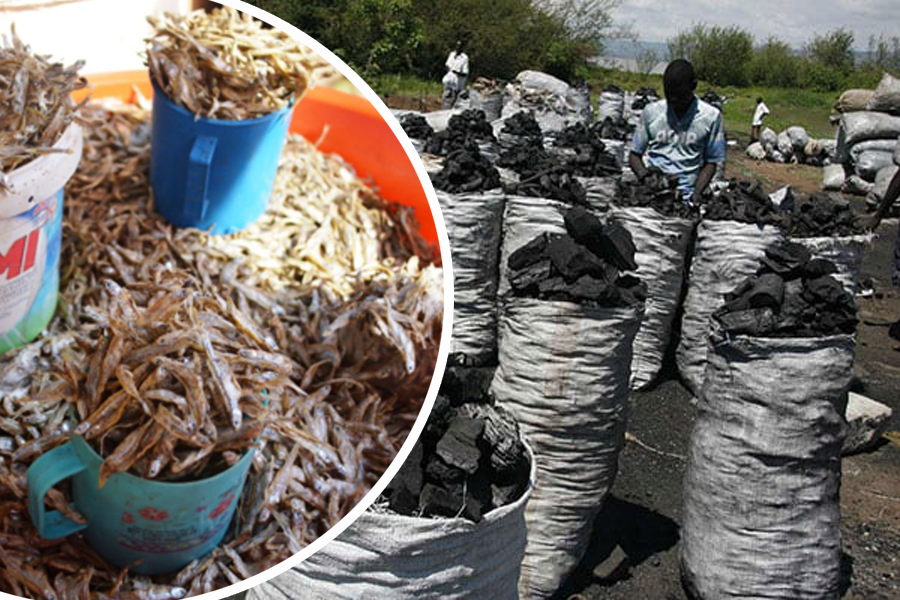Lack of proper labs hold back progress in Science
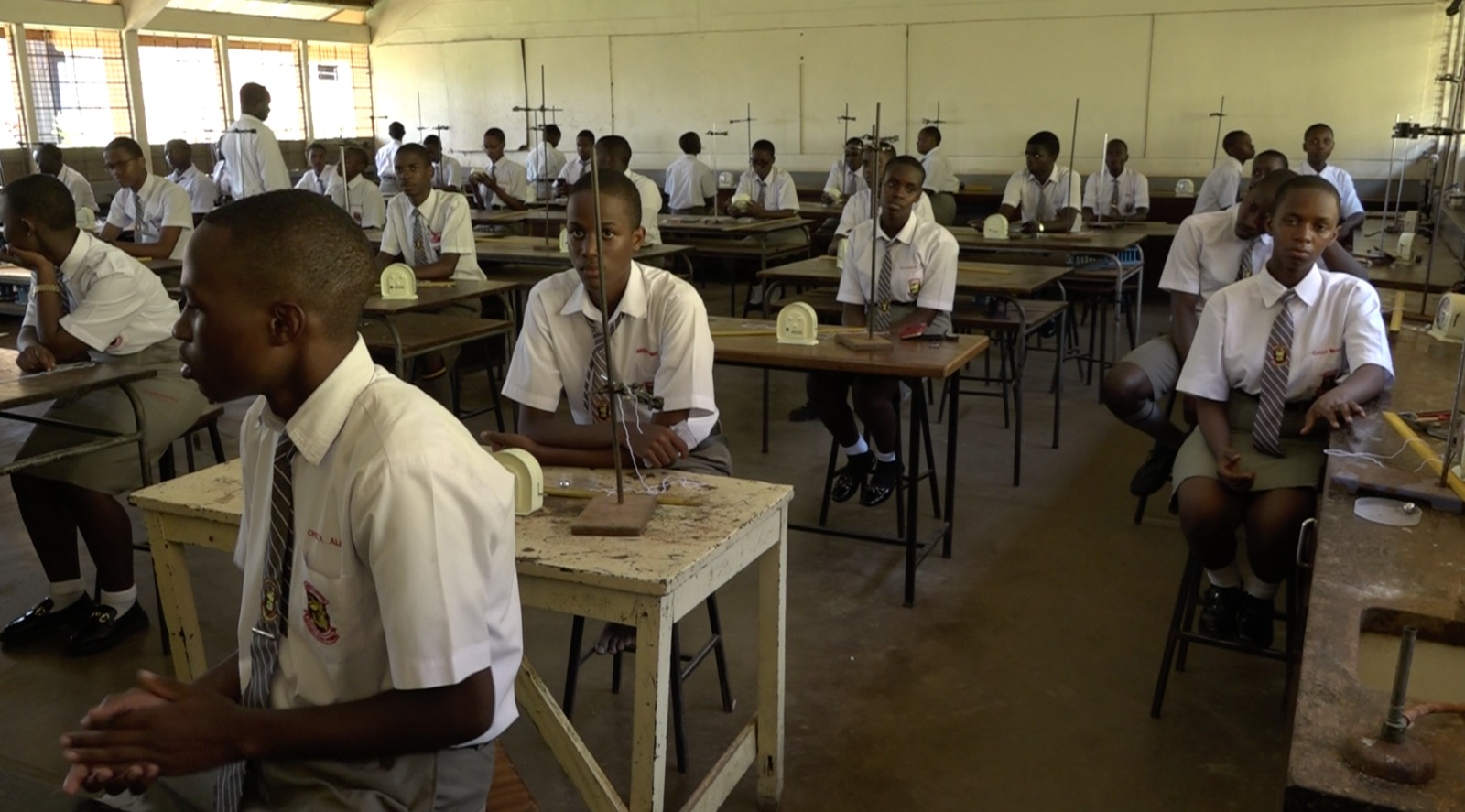
Science laboratories are very essential components that every high school needs.
However, it requires a significant amount of funding to establish, along with a constant reliance on resources.
Government has always emphasized the importance of teaching science subjects and even increased the science teachers’ salaries to a tune of four million to have them motivated and effectively deliver.
Although the government places considerable emphasis on science subjects, many students perform poorly.
According to national examiners UNEB, one of the reasons for students' failure is the lack of proper laboratory equipment in many schools to teach these subjects.
Some students, based on their responses, encounter certain equipment for the first time during their final exams.
Biology, Chemistry, and Physics have long been made compulsory by the government for students in the lower secondary. Despite all the initiatives, these subjects continue to pose challenges.
We have examined the essential requirements for teaching science to students effectively.
Mengo Senior School, being one of the largest in the country, is successful in passing both science and arts students. During our exploration of the school, we sought to understand the resources it possesses to teach students.
Dorah Kiconco Barigye, deputy headteacher of Mengo SS and Chemistry and Biology teacher, shared insights into how the school is equipped to teach and facilitate students' success.
"The laboratory requires substantial funding, but you can gradually acquire the necessary items to fill it," says Kiconco.
With approximately 6,000 students, including 4,000 in lower secondary studying science as compulsory subjects, Mengo SS boasts with seven laboratories to accommodate the thousands to students in the school.
However, despite having all the necessary resources, Kiconco highlights the challenges with students who initially perceive science as difficult. Changing their mindset proves to be a hurdle.
"Some leaners come with biased minds that sciences are difficult, so changing this mindset proves to be hard despite our efforts’’ says Kiconco.
"We also interviewed senior six science students, who shared their experience how studying in a well-equipped school makes learning science easier. They expressed hope in passing their science exams."
Students, regardless of their educational background, must sit for the same final exams. However, the question arises: How do rural poor schools cope with the requirements for students to study science?



